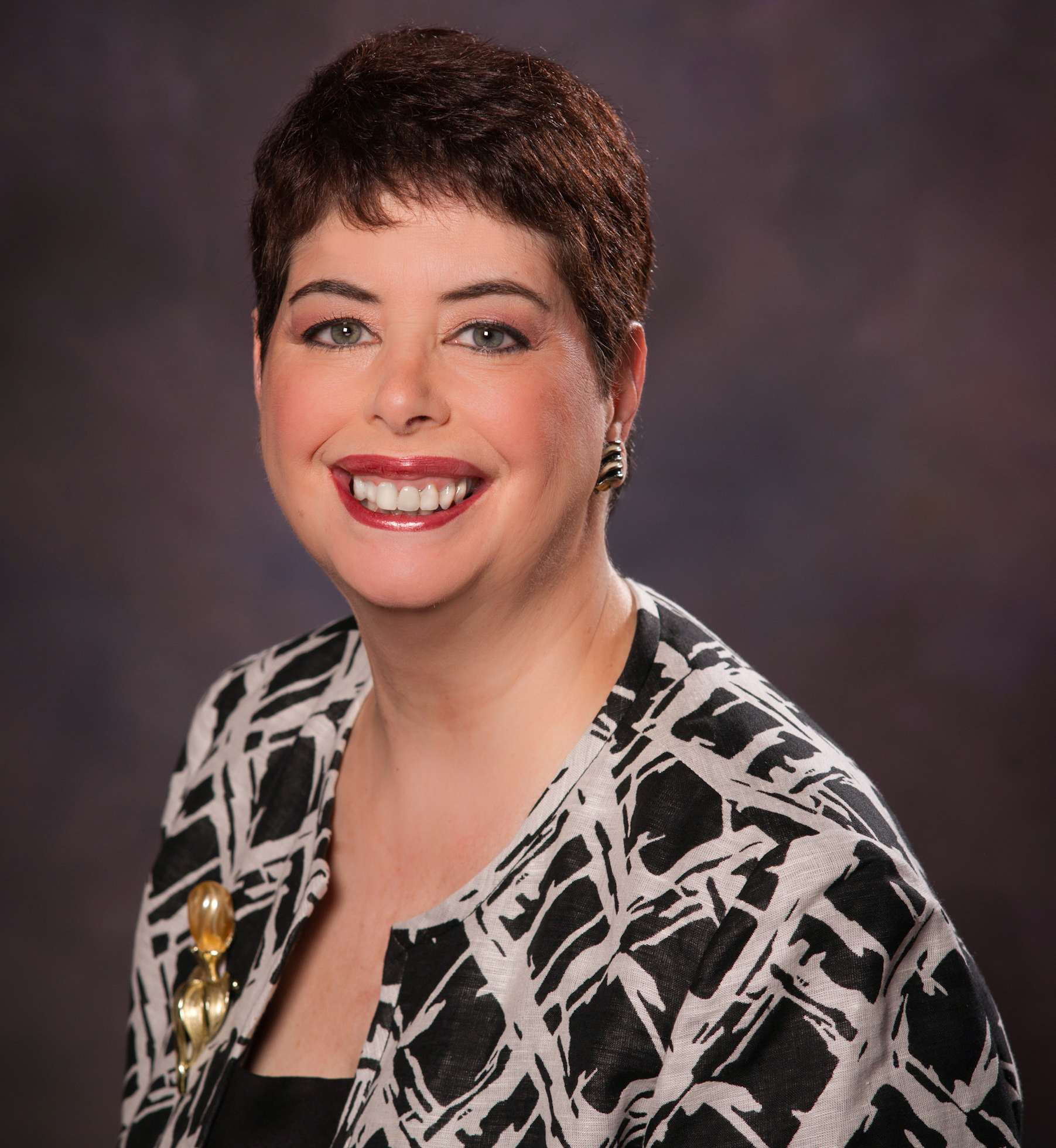That state’s door officially opened on January 1, 2021, which means Arizona can join Utah as a place for non-lawyers to glean extra benefits from the firms they service. That does not mean, however, that these two states have exactly the same procedures.
What are the differences, and why have two states taken two different approaches? We interviewed leaders in both for insights within their geography and beyond.
WHAT’S NEW?
There are legal traditionalists who object to these developments, but Aaron Nash, a spokesperson for the Arizona Supreme Court, suggests legal gurus think of recent innovations in the health care industry. “You just didn’t have enough doctors to go around, so you had registered nurses and [physician assistants] and different specialists who could do a lot of things,” he says, while not totally replacing the practice’s physician. And as they contribute more to the practice’s overall success, these practitioners may choose to take an ownership stake.
In addition to the ABS rule change, Arizona will also allow legal paraprofessionals to represent clients in certain circumstances. This, too, is similar to how paraprofessionals operate in medicine. “So you could get somebody, maybe a paralegal, with 10 or 20 years of experience, who could do a lot of the paperwork ... of the prep, but maybe not get in there and litigate,” Nash says. They would charge a bit less, but still provide a service.
LET’S SUPPORT THOSE ADMINS
Indeed, legal administrators are regularly mentioned as colleagues that law firms should recompense — in a way besides a year-end bonus.
“For the legal admins, who … I truly refer to as the heart and soul of law firms, they’re the people actually running the firms,” says Lynda Shely, an ethics lawyer in Scottsdale, Arizona. Shely is a longtime adviser on how to comply with the Rules of Professional Conduct, and more recently she assisted the Arizona Supreme Court’s task force in drafting that state’s ABS rule change.
“The way I look at it is this: If you’re the regulator and your job is to regulate such that there’s affordable, accessible legal services for everyone, you’re failing if the lawyers are only providing for 15% of the representation in court.”
“Other states have task forces where they’re considering [ABS], and if their firms are interested in perhaps giving a trusted, seasoned, firm administrator an ownership interest in the firm, that’s something that each state will have to adopt,” Shelby adds.
GOING BEYOND THE LAW FIRM’S DOORS
“With the alternative business structures, you could [also] have somebody who’s a technology expert, or [another expert], and maybe the lawyer wants to do some kind of profit sharing … in thanks for helping build the business,” says Nash.
Still doubtful? Then form another medical image: doctors who want to focus on the medicine, not the financial and administrative side. As Nash puts it: “A lot of the discussion was that a lot of lawyers are ... good legal minds [but don’t] necessarily want to be businesspeople. Right? They just want to practice law.”
MEET THE NEWBIE
Arizona’s door opening is “not intended to require traditional law firms to have to apply to be an ABS Entity, just because they have a firm administrator who’s a non-lawyer. It’s intended to apply only to firms that are giving an equity or ownership interest to a non-lawyer,” says Shely.
“I know the concern was that there would be huge accounting firms, or Walmart, or Amazon, coming in and buying up law firms. And we’re not seeing that at all,” she says.
“Other states have task forces where they’re considering [ABS], and if their firms are interested in perhaps giving a trusted, seasoned, firm administrator an ownership interest in the firm, that’s something that each state will have to adopt.”
Opening things up doesn’t mean Arizona firms can start dispensing equities. First, it’s not as if the doors just flew upon on midnight December 31, 2020. “There was a task force that looked into legal services reforms, I think starting around 2018, throughout 2019,” says Nash. “Then their recommendation of the rule changes, the code section changes, that had to happen.”
In January 2021, Arizona first started reviewing applications. “The Arizona Supreme Court’s committee so far has only approved three ABS Entities to be certified,” says Shely, noting that (as of this spring interview) the committee does have “another 11 applications pending.”
Shely points out two major differences between Arizona and Utah programs: “ABS Entities in Arizona that are certified [are required] to have an Arizona lawyer. And Arizona may be a desert, but we are not a ‘sandbox,’” she says, laughing. “Our rule changes are permanent. They’re not on a temporary basis.”
LET’S GET MOVING — SAFELY
That brings us to that “regulatory Sandbox.” It’s the Utah program that has been enrolling lawyers into ABS for about two years so far — and it’s far from a playground.
Utah leaders felt inspiring innovation needed a more long-term perspective. “[Lawyers] have [business structures] that are very traditional, that must distribute all capital every year, because that’s what the partners expect. It’s very difficult for them to invest in some other way of providing legal services,” says John Lund, Chair of the Utah Supreme Court’s Office of Legal Services Innovation, a role he assumed in August 2020. (He also serves as Of Counsel at Parsons Behle & Latimer.)
“Fundamentally lawyers are a pretty cautious and careful crowd. So there’s really not been much meaningful innovation from the lawyers,” Lund says.
“The key element of difference between us and Arizona [is] we really have ... set this up as an experimental arena,” he says. “It’s a Sandbox in the sense that we’re willing to let a lot of different things be tried to see if they work — to see if they are improving the situations we’re talking about.”
That’s why Utah’s approach is a seven-year program, he notes. “None of the changes in Utah have been permanently embedded in the rules yet. Arizona ... just decided to let [Rule] 5.4 go away and do [alternative] business services permanently.”
IT’S NOT JUST ABOUT MONEY
In Utah, the experts explored something beyond dollars: under-representation among poorer defendants. “Just like any other state, the need for legal services [in Utah] is obvious,” says Lund. “There are lots of people that don’t get a lawyer, can’t afford a lawyer, and they aren’t necessarily just people below the poverty line. There are people up and down the income scale who just do not engage with a lawyer.”
One theory of what’s causing this obstruction is how regulations force law firms to be entirely owned by lawyers. “No other owners, no multidisciplinary practice, no capital investors [and so on]. All of that, we believe, may be constraining the ability of the market to really provide legal services,” Lund says.
“Fundamentally lawyers are a pretty cautious and careful crowd. So there’s really not been much meaningful innovation from the lawyers.”
ABS essentially show some interest and understanding of economics and expanding outreach. “Obviously, the well-funded corporations don’t have trouble finding lawyers to represent them,” he adds. “[But] there’s either not affordable [or] not accessible legal services for a huge number of people. Not to mention the people that don’t bother to hire a lawyer for something as simple as a will because they don’t think they can afford it.
“The critical thing from our perspective is to collect data about what happens with these providers of legal services,” says Lund. “How many instances of the service did they provide? Were they successful? What is the cost? Were there complaints? All of the things that would tell you if there’s actually any benefit. And relatedly, if there’s any harm being caused by letting non-lawyers provide some of these services.”
THE OUTSIDE PERSPECTIVE
Rocket Lawyer has been playing in Utah’s Sandbox since September 2020. “We believe everyone deserves affordable and simple legal services,” says Charley Moore, the company’s Founder and Chief Executive Officer. “[We have] experience running a similar program in the United Kingdom with a combination of staff and independent lawyers, [so] it’s been ... impressive to see how quickly and thoughtfully Utah officials responded to the needs of [its] citizens with sensible application of innovative regulations. As a direct result of their efforts, we’ve already helped over a thousand people get access to affordable legal help.”
Moore specifies: “We've supported Utahns with a range of legal needs, from landlord-tenant issues and estate planning to contracts and business formation.”
WHAT’S YOUR STATE’S NEED?
“The way I look at it is this: If you’re the regulator and your job is to regulate such that there’s affordable, accessible legal services for everyone, you’re failing if the lawyers are only providing for 15% of the representation in court,” says Lund.
Ultimately, Lund urges naysayers to truly review their current situations. “Look at how dissatisfied lots of lawyers in large firms are and how challenged they are with their rate structures … to attract clients,” he says. “It may just be that embracing some of these different approaches — utilizing technology, non-lawyers and having partners who are not lawyers, so they have a multidisciplinary service for clients — those may be ultimately much more successful models for them going forward.”


